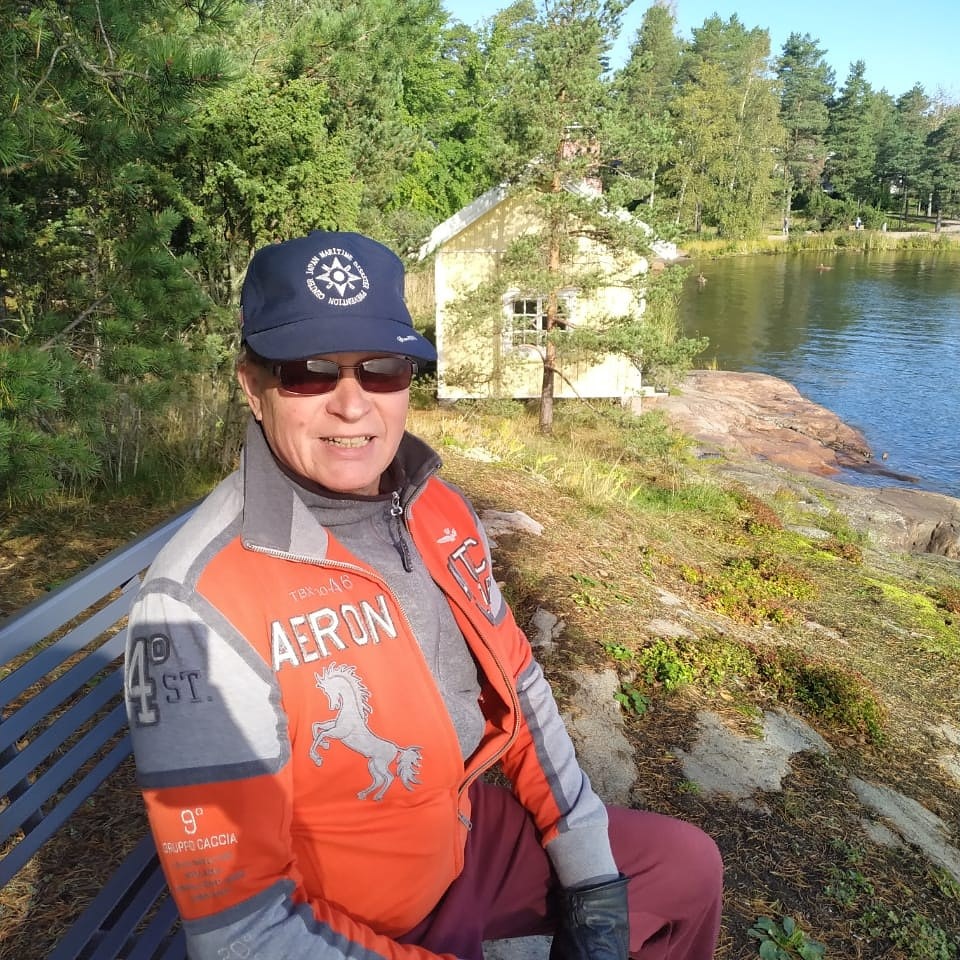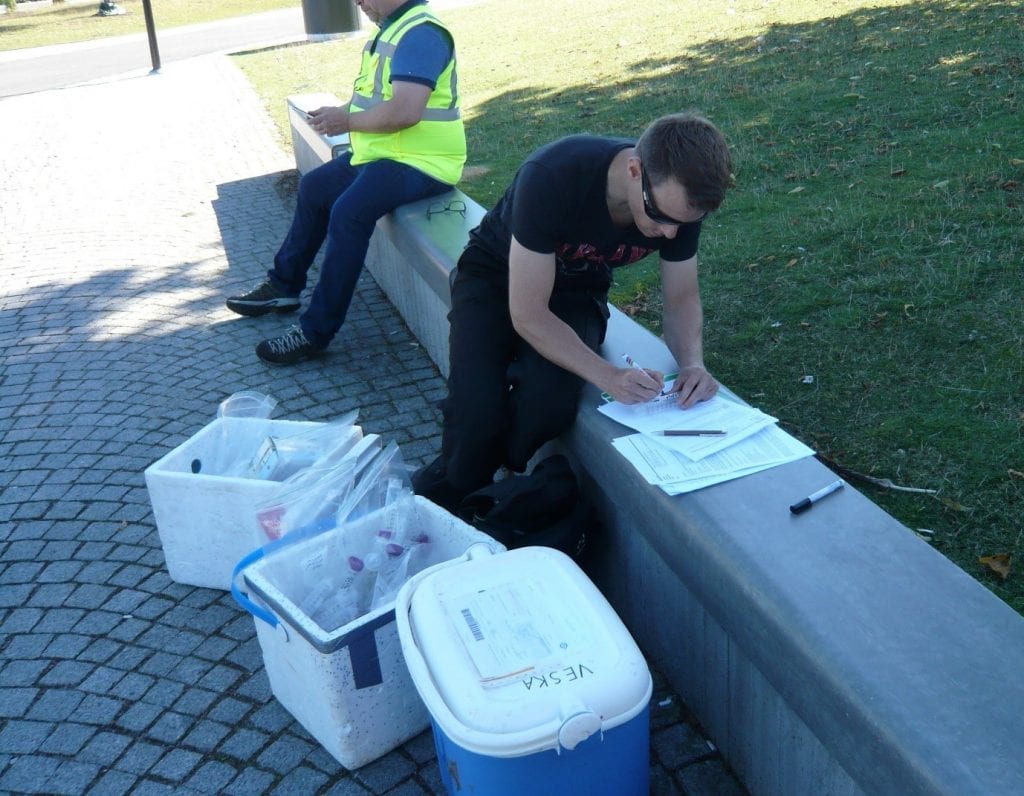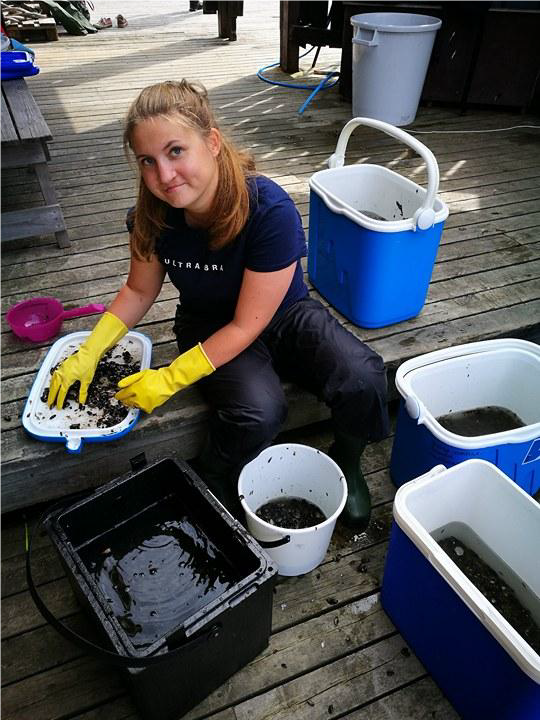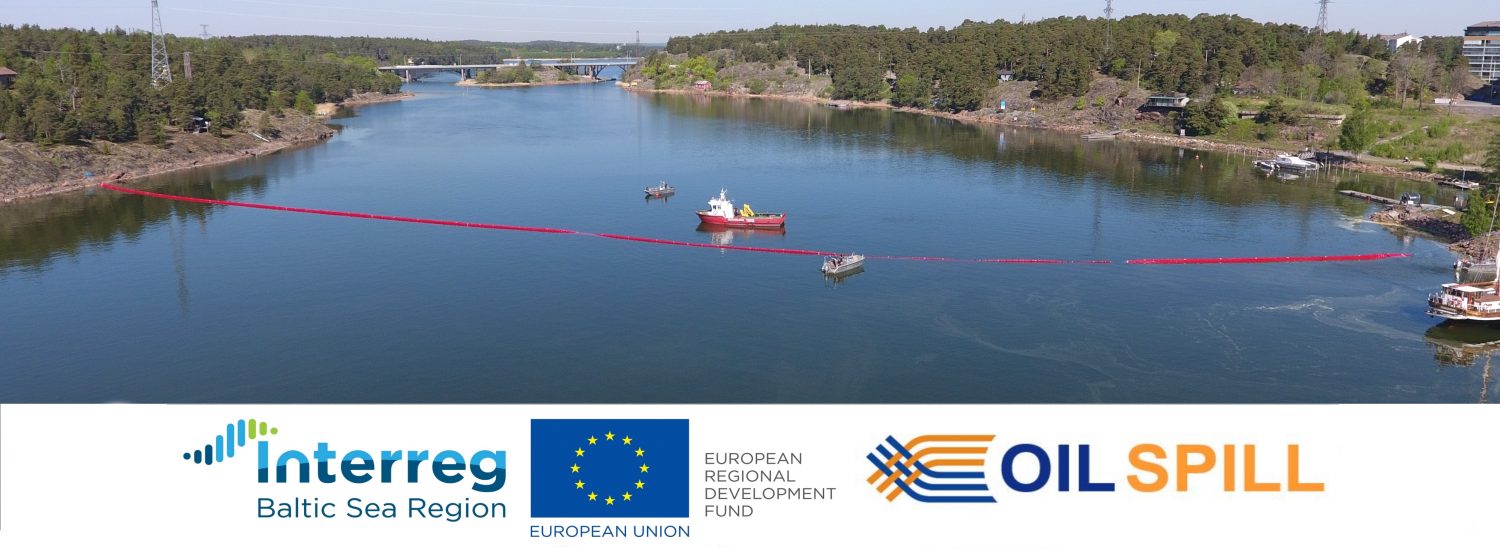Jorma Rytkönen: OIL SPILL is an Elementary Follow-up Project of our Work at SYKE (1/2)
The Finnish Environment Institute (SYKE) has 32 years of background as a competent oil combating authority of Finland. Thus, the co-operative network in the oil spill business, all main international agreements and recommendations as a framework skeleton for the activities are familiar for the staff working in the field.
During the past years, SYKE has participated in several EU funded or domestic projects concerning the impacts of oil spills and oil spill response and management. SYKE has also been one of the leading design houses for mechanical oil recovery equipment, and constructed and managed several brush type skimmers and even whole ships with inbuild oil recovery systems. At the end of 2018, there were 19 larger multipurpose oil recovery ships in the Finnish Preparedness fleet.
Jorma Rytkönen is the Project Manager of the OIL SPILL project at SYKE. He currently works in the institution’s Marine Pollution Research group and brings long-term knowledge and competence on oil spill response and environmental impact assessment to the team’s R&D portfolio. Jorma has over 30 years’ background in projects related to risk assessment, civil engineering, marine traffic and pollution.

Previously, Jorma acted as Head of the Oil Combating Authority of Finland, responsible for open sea response and preparedness against oil and chemical pollution in Finland. However, at the beginning of 2019, this operational responsibility was transferred from SYKE to the Finnish Border Guard. SYKE’s role changed to cover the multidisciplinary R&D services for authorities and society within domestic and international bases.
Jorma’s core team in OIL SPILL project contains researchers Ossi Tonteri and Aino Ahvo, among other necessary scientists depending on the tasks and schedule. Ossi is a specialist in environmental biotechnology, and he assists in the execution of the planned workshops to define possible bottlenecks and status quo of the local preparedness levels in the target countries. Ossi has been involved in various projects that concern the evaluation of oil response methods and oil biodegradation research. He is also working on a PhD thesis related to microbial oil biodegradation.

Aino is a biologist, and she studies the effects of hazardous material in the environment and biota (e.g. in Baltic Sea blue mussels, seen in the picture below) at SYKE. Recently, her work has included projects dealing with oil and oil spill mitigation and sea-dumped munitions. Aino is bringing this knowledge to the OIL SPILL team. Both she and Ossi joined the project in the summer of 2019.

One of the challenges and goals in OIL SPILL is to define the national practices and preparedness in oil spill response in the shoreline and shallow water.
SYKE’s aim has been to invite local experts, first responders and competent oil combating authorities to discuss these items and to highlight the national practices in legal and liability issues. Also, the roles of national rescue units and the use of voluntary groups belong to these items. Here the co-operation with other OIL SPILL members is important. SYKE’s responsibility area is close to the Focus areas of the Estonian partners.
Another goal of SYKE’s team is to find out necessary equipment and tools for oil spill recovery, which could be managed by the European Maritime Agency (EMSA) or some other organization to support the preparedness of those target countries that do not have enough resources to possess all the equipment.
However, the Coronavirus pandemic has postponed many of the planned round table discussions and exercises. The SYKE team is working hard to build up alternative ways to achieve the goals.
The team sees that the execution of the OIL SPILL project will increase the national first responders’ knowledge so that they realize their resources better and can define the possible investments that could be shared cross-the-border based on the HELCOM sub-regional co-operation principles.
Text: Jorma Rytkönen & SYKE

Leave a Reply